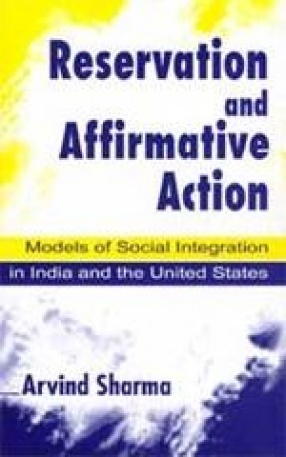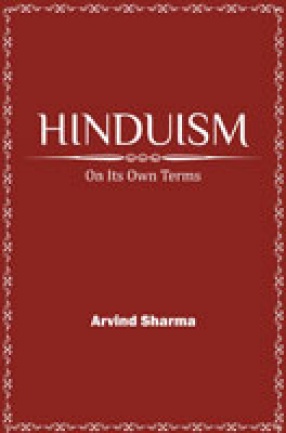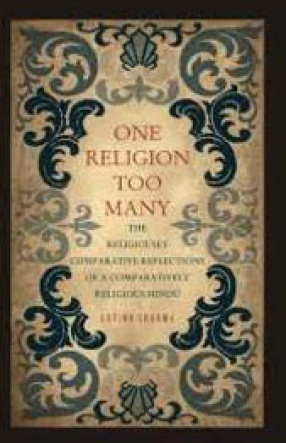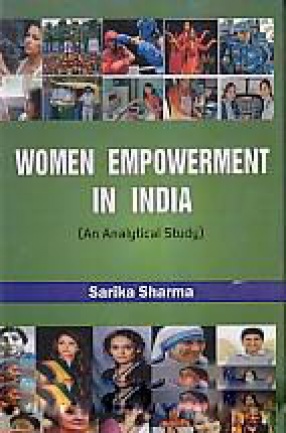This book examines the principles underlining the policies of reservation and affirmative action adopted by two non-homogeneous and multi-ethnic societies – India and the USA. Despite the fact that the governments of both countries have, for over fifty years now, applied these measures to overcome discrimination based on caste and race respectively, the author maintains that there is no comprehensive account of the grounds on which either reservations or affirmative action can be intellectually justified. Addressing the key question – What is being affirmed through affirmative action? – the author seeks the answer along four lines: What is the religious component of such an affirmation, if any? Is there a moral principle (or principles) underlying this affirmation? Is this affirmation being advocated on the basis of ethical principles with which modern liberal thought is imbued? Is the doctrine of human rights invoked in such an affirmation? These four ‘terms of discourse’ offer a framework to come to grips with the vexed issues involved in the intellectual justification of such policies and to promote a rational understanding of this complex and highly emotive subject. With its unusual and original arguments, this book will attract a wide readership among sociologists, political scientists and the general public.
Reservation and Affirmative Action: Models of Social, Integration in India and The United States
In stock
Free & Quick Delivery Worldwide
reviews
Bibliographic information
Title
Reservation and Affirmative Action: Models of Social, Integration in India and The United States
Author
Edition
1st ed.
Publisher
ISBN
0761933808
Length
195p., Glossary; Bibliography; Index; 23cm.
Subjects








There are no reviews yet.